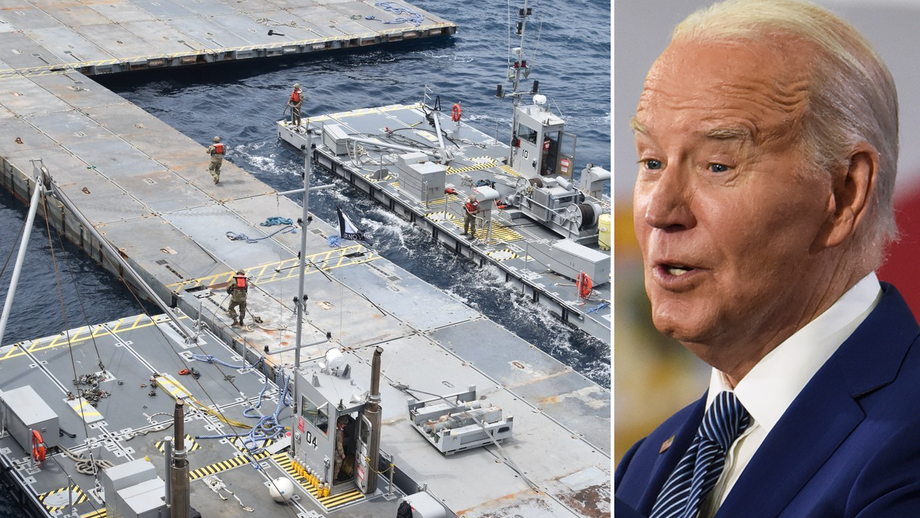The US Navy is engaged in intense sea battles with Iran-backed Houthi rebels in Yemen, facing daily attacks on military and commercial vessels. This marks the Navy's most sustained combat since World War II.
The US Navy is now engaged in intense sea battles with Iran-backed Houthi rebels in Yemen, with daily attacks on both military and commercial vessels in the Red Sea and Gulf of Aden. Over 50 vessels have been targeted, affecting shipping volume crucial for the Suez Canal route.
The US Navy prepared for decades to potentially fight the Soviet Union, Russia, and China, but finds itself locked in combat with a rebel group based in Yemen. The campaign against the Houthis has turned into the most intense running sea battle the Navy has faced since World War II.

US Navy Engaged in Intense Sea Battles with Iran-Backed Houthi Rebels
The combat pits the Navy's mission to keep international waterways open against a group whose arsenal has grown into an inexhaustible supply of drones, missiles, and weaponry. Near-daily attacks since November have seen over 50 vessels clearly targeted, dropping shipping volume in the vital Red Sea corridor that leads to the Suez Canal.
The Houthis claim the attacks aim to stop the war in Gaza, but they coincide with their efforts to strengthen their position in Yemen. Experts believe the warfare will intensify, posing risks to US sailors, allies, and commercial vessels.

US Navy Engaged in Intense Sea Battles with Iran-Backed Houthi Rebels
The Arleigh Burke-class destroyer USS Laboon has seen repeated missile launches, with the paint around its missile pod hatches burned away. Sailors have seconds to react to Houthi launches, a pace that has continued despite the Muslim fasting month of Ramadan.
In one instance, the Laboon, other vessels, and F/A-18s from the aircraft carrier USS Dwight D. Eisenhower shot down 18 drones, two anti-ship cruise missiles, and a Houthi-launched ballistic missile.
The Navy has taken out one underwater bomb-carrying drone and believes Iran is providing financial and intelligence support to the Houthis. Iran has also armed the rebels despite UN sanctions.
The campaign has included US and British airstrikes targeting Houthi positions, including radar stations, launch sites, and arsenals. However, the Houthis have apparently shot down multiple MQ-9 Reaper drones with surface-to-air missile systems.
Officers acknowledge crew concerns about the Navy's response, but there are several likely reasons for the limited offensive against the Houthis. The US has been trying to lower tensions with Iran and avoid escalating the conflict with the Houthis, who are already in a stalemate with a Saudi-led coalition.
The Houthi attacks continue to depress shipping in the region, halving Egypt's revenue from the Suez Canal. Some Mideast nations have reportedly asked the US not to launch attacks from their soil, highlighting the Eisenhower's critical role in the region.










